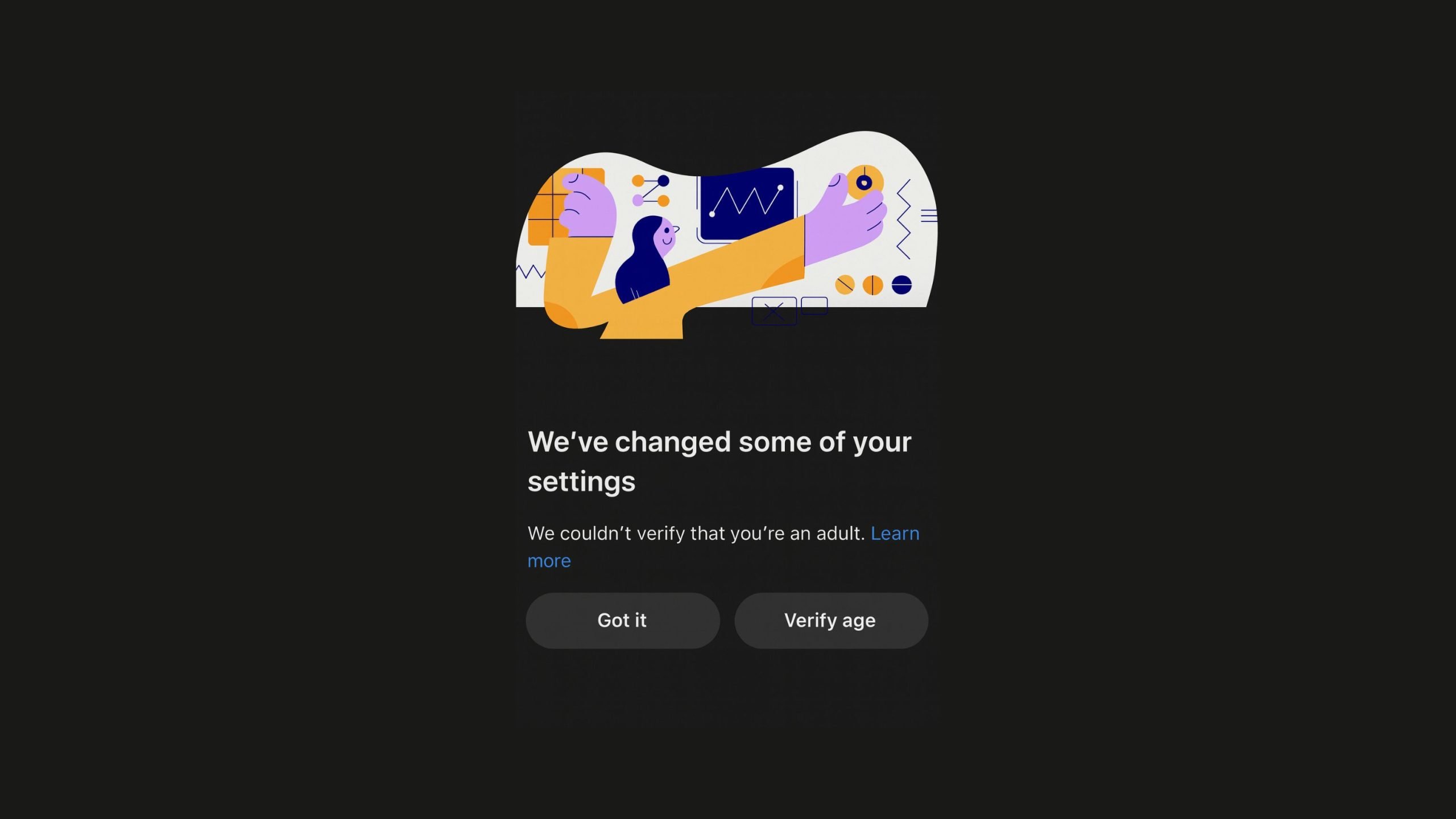Google’s video platform is tightening its controls, and a growing number of YouTube users are suddenly finding themselves locked out of content unless they hand over proof of age through ID verification.
The new direction stems from YouTube’s decision to push its AI-driven age estimation system much more broadly than before.
The technology, which YouTube began experimenting with in Europe before confirming its US debut in July, surveils people’s accounts and examines everything from account details and viewing habits to search activity.
Those surveillance signals are then used to guess whether someone is under 18.
The pace of enforcement has accelerated sharply. Within the 24 hours leading up to September 24, Reddit’s r/youtube subreddit saw a flood of posts from users saying their accounts were suddenly flagged for verification, suggesting a big uptick in restrictions.
Accounts flagged as too young are immediately restricted: targeted advertising is reduced, recommendations deemed unsafe are cut back, and access to adult material is blocked outright.
When YouTube’s system determines that an account likely belongs to someone under 18, the platform automatically enforces a set of limits designed to control how the service is used.
Those limits include:
- Blocking access to age-restricted content
- Adjusting recommendations to avoid “videos with content that could be problematic if viewed in repetition”
- Disabling personalized advertising
- Turning on digital wellbeing features, such as reminders to “take a break,” by default
- Displaying privacy reminders whenever the user comments or uploads a video
- Setting all new video uploads to private automatically
- Preventing creators from receiving “gifts” during vertical live streams
YouTube has long hinted that this expansion was on the horizon, making clear that its AI filters would eventually apply broadly.
The structure of the system means mistakes are likely.
Public reaction has not been kind. Privacy specialists have labeled the approach intrusive. While Google maintains that ID information collected through the process will not be exploited for advertising, security professionals are wary.










